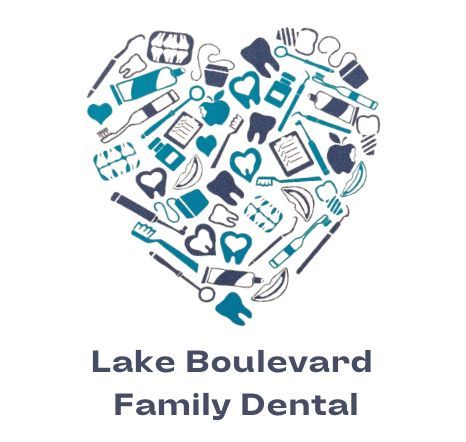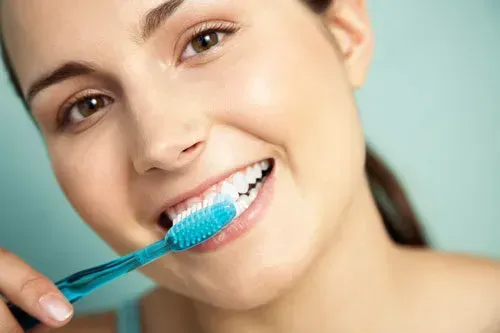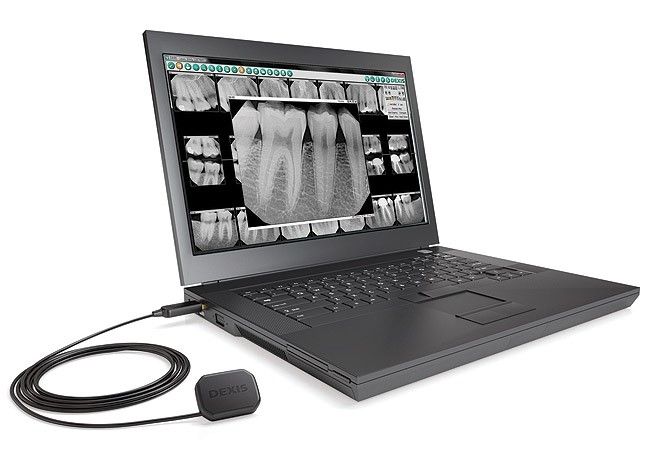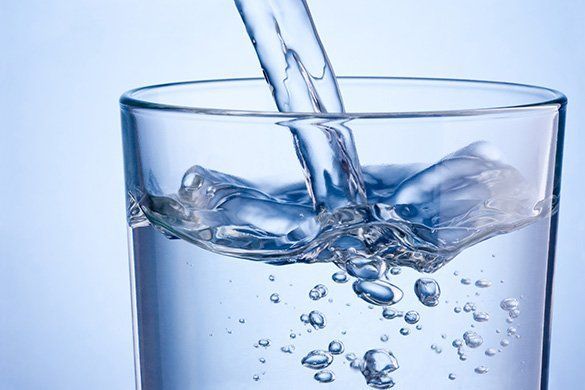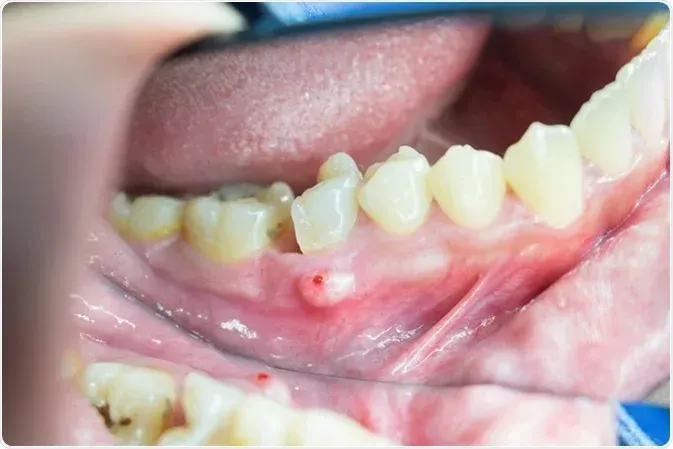Lake Boulevard Family Dentistry in Redding, CA, Has the Dental Information You Need in Our Blog
Coming soon.

Poor diet is not only a key contributor to oral health and disease, but it is now considered the leading cause of death in the United States, having overtaken the decades-long reign of tobacco as leader. What we eat and how we eat it are critical to our health, well-being, and risk of developing a myriad of diseases. The importance of a healthy diet and disease control has long been recognized as an essential component of oral health care. Jean Anthelme Brillat-Savarin, a French lawyer and politician, is credited with the common idiom, “you are what you eat,” derived from his 1825 text, Physiologie du Goût, in which he stated, “Tell me what you eat, and I will tell you what you are.” The dental office can serve as a meaningful contact point to help reinforce the importance of a healthy diet and provide counseling to help with dietary issues relating to chronic oral disease and overall systemic health. The evidence is clear that diet is important in the development of chronic oral health conditions, including caries, periodontal disease, and oral cancer. Improving the health of patients through diet modification is certainly not a new concept in the oral health care environment. We routinely ask about dietary issues associated with caries and have discussions with patients about adopting alternatives to a more healthful dietary pattern. If we are what we eat, then oral health care providers have a responsibility and opportunity to help patients customize their diets so that what they eat helps them achieve what we all want to be—healthy.
Connect With Us
Need more information? Call us at 530-246-7237 to speak with one of our experts.
